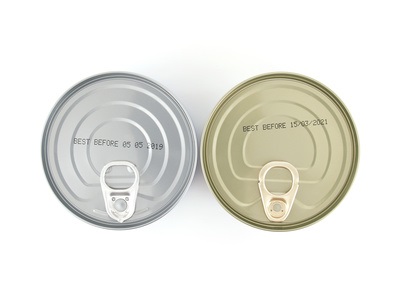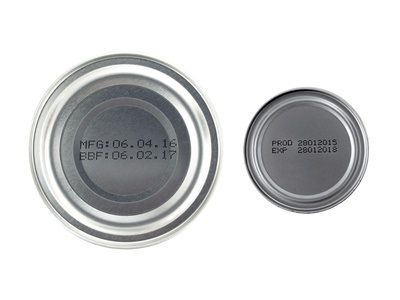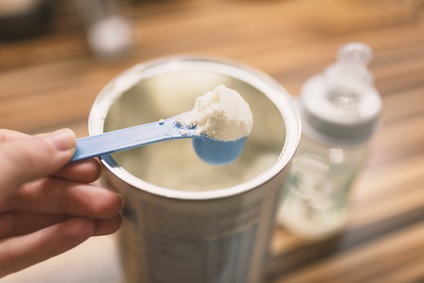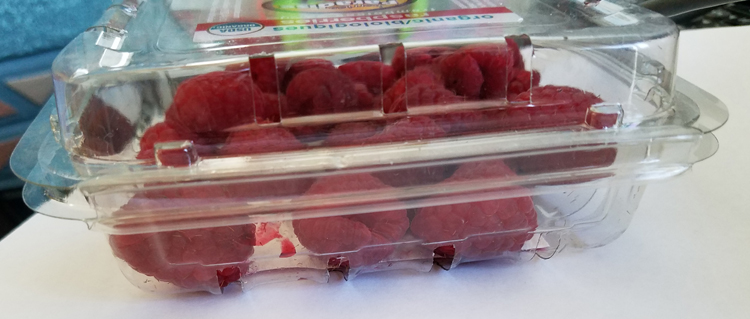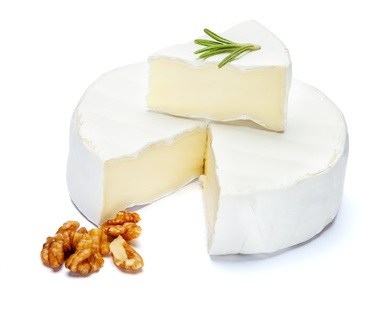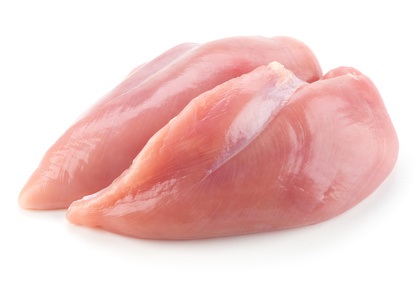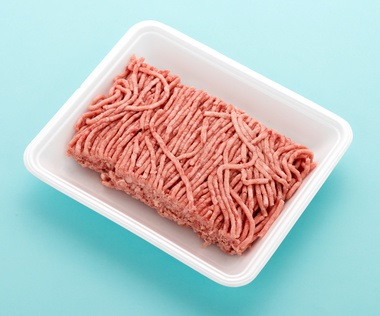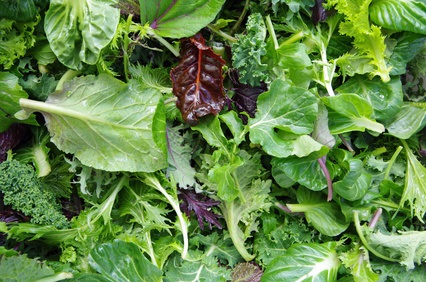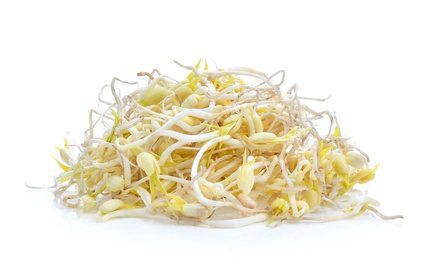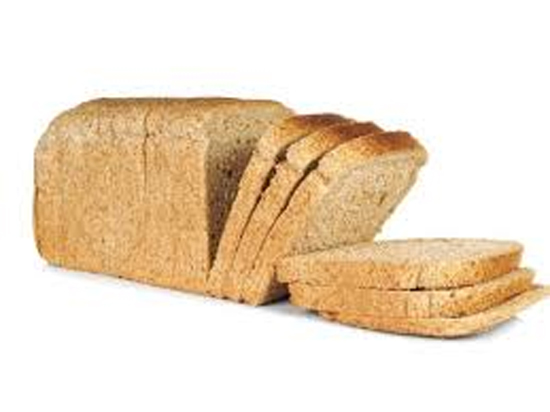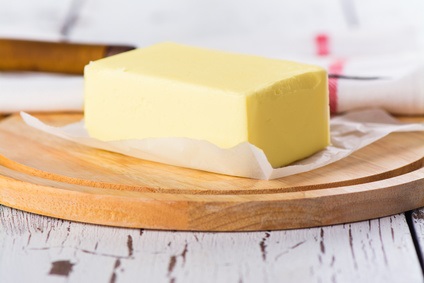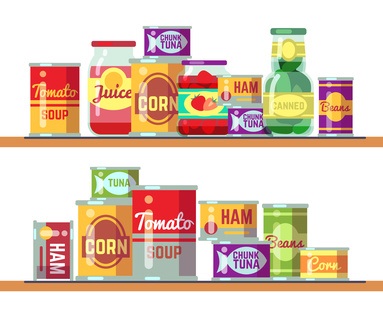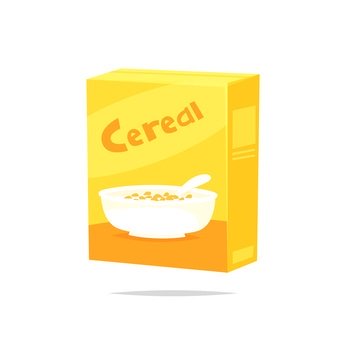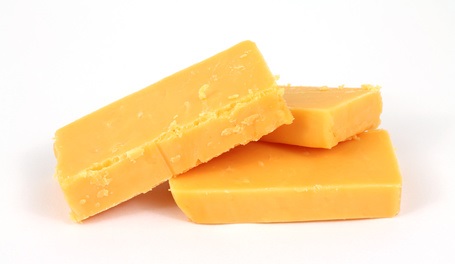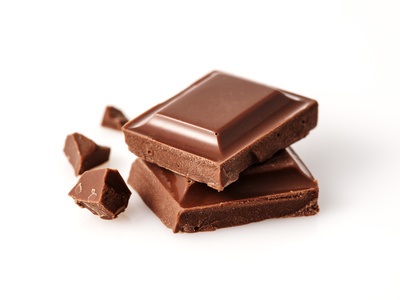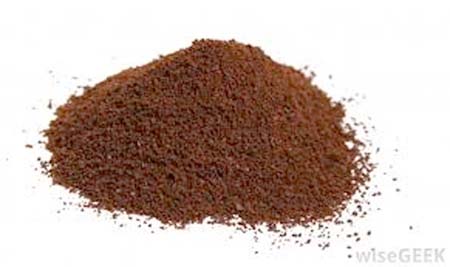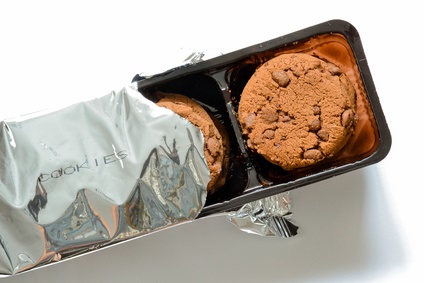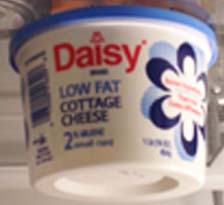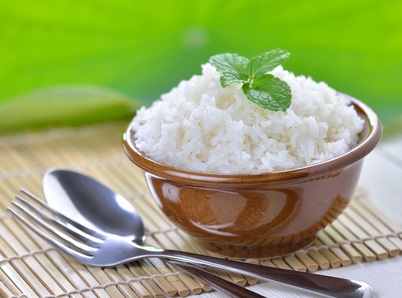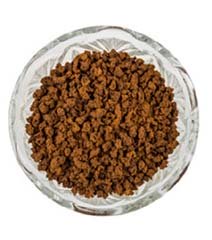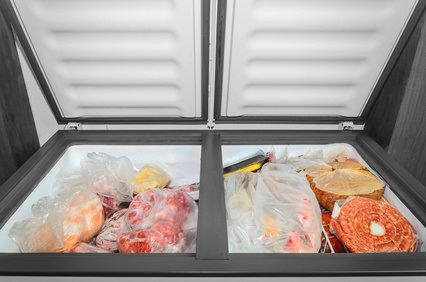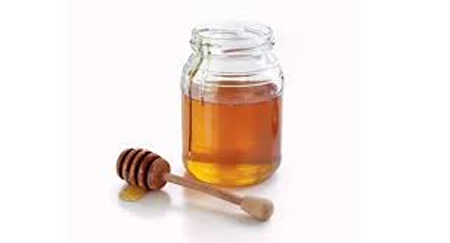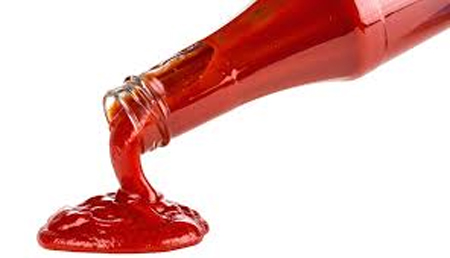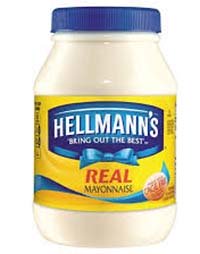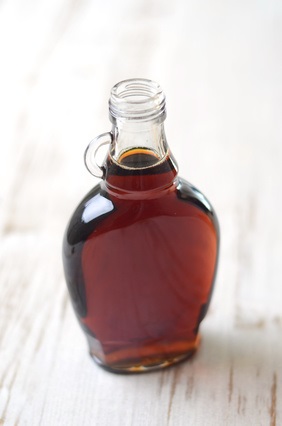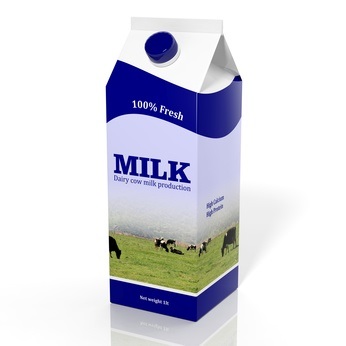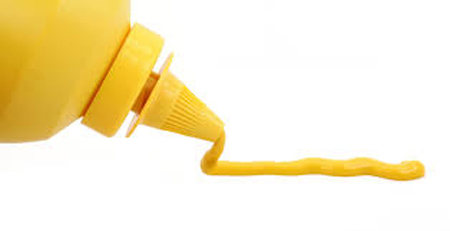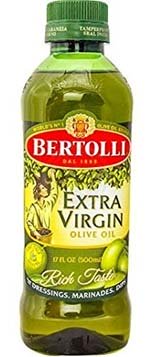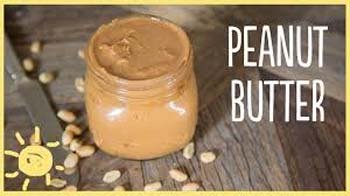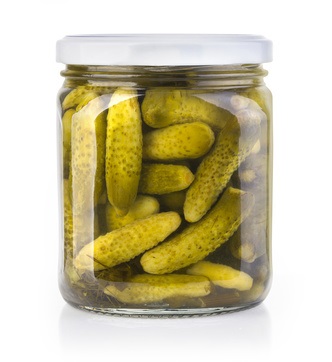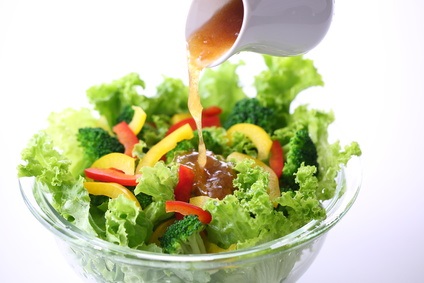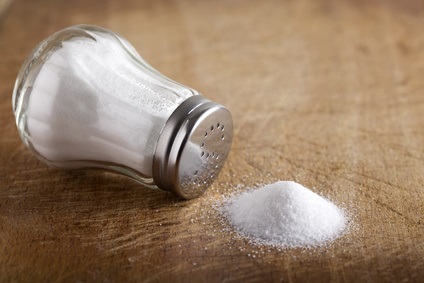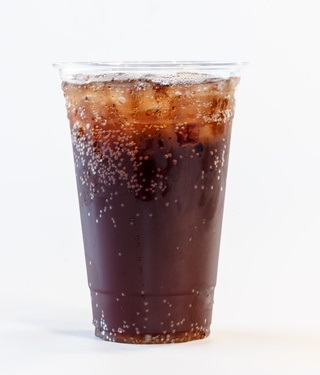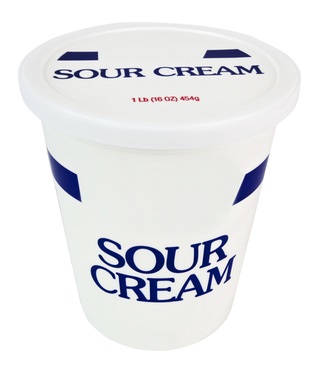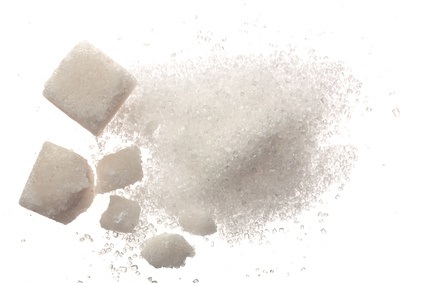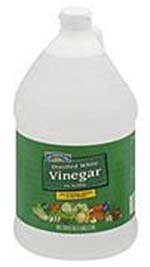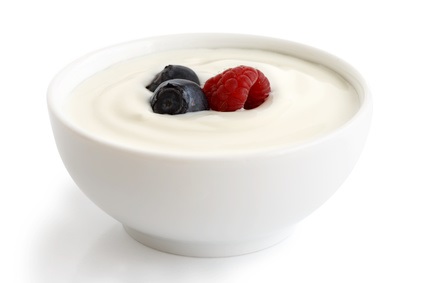FOOD EXPIRATION DATES
If any of your food has reached or gone past the recommended food expiration dates, what should you do? Does it mean the food is bad and should be discarded?
Actually, different expired foods can present different risks. For example, the expiration dates on eggs may mean you can actually continue to use them for a few more days before throwing them away. However, using chicken a few days past the expiration date may be dangerous. On the other hand, eating past the food expiration dates on canned goods or cereal packages would probably still be safe.
EXPIRATION DATE LABELS
It is important for consumers to understand the dates found on most foods (with the exception of baby food and formula) are not meant to indicate safety, but quality.
Even though most food is safe to consume after the food expiration dates, it is, of course, always prudent to personally evaluate the quality of any food prior to cooking or eating. Most spoiled foods will develop an off odor and the texture may significantly change.
Generally speaking, if you have properly handled and stored food at home, it should be safe even if the food expiration dates have passed. The rules for how long to keep certain foods as listed below apply to store bought food, not homemade items. Always have labels and markers ready to note when an item was purchased if there is no expiration date available or if it was made at home.
Rotation of food in the refrigerator and freezer according to the marked dates, as well as the use of the information below to understand how long certain foods can be kept before spoiling, can also greatly help to eliminate food waste, saving both time and money.
COMMONLY USED LABELS FOR
FOOD EXPIRATION DATES
The commonly used labels for food expiration dates are not required by law on all products. Again, they do not indicate safety, but quality. Some are used for consumers and others for distributors and retail stores only:
- Best if Used By/Before - This label simply indicates when a product will be at optimum flavor or quality. If the date has passed and the food is not showing signs of spoilage, it should be fine to use and it may be sold, purchased, donated, and consumed. This is the label recommended by the USDA Food Safety and Inspection Service to manufacturers and retailers of foods because it best conveys to consumers to use the product by the date shown to be assured it will be of best quality.
- Sell-By - This label is meant for inventory management only in retail locations where the product is sold and is not a safety date.
- Use-By - This label contains the last date recommended for the use of the product at optimal quality. It is not a safety date (except when used on infant formula or baby food and is the same as the Best if Used By/Before label above).
HOW ARE QUALITY
FOOD EXPIRATION DATES DETERMINED?
Quality food expiration dates are determined by a combination of the following factors:
- The length of time food is held during distribution and sale.
- The temperature at which a food is held during distribution and sale.
- The characteristics of the food.
- The type of packaging.
FOOD EXPIRATION DATES ON CANNED GOODS
Canned goods are required to display a code or the date of canning. They may also display a calendar date which is usually a Best If Used By date for optimal quality.
Regardless of the date found on cans, always discard any cans that are dented, rusted, or swollen. Small dents may be okay. Inspect carefully dents in seams.
High-acid canned foods such as tomatoes and fruits can be stored with their quality intact between 12 to 18 months. Low-acid canned foods, such as meats and vegetables can keep their quality for 2 to 5 years.
DATES ON EGG CARTONS
Although the use of a Sell-By or Expiration Date is not a federal regulation, different states may have egg laws requiring them. Some states actually do not allow the use of a Sell-By Date on egg cartons.
Egg cartons with the USDA Grade Shield on them must display the day the eggs were washed, graded, and placed in the carton. This is the pack date and consists of a three-digit code representing each consecutive day of the year starting with January 1st as 001 and ending with December 31st as 365. Should a Sell-By Date appear on any carton with the USDA grade shield, the code date may not exceed 30 days from the pack date.
Always store eggs in their original carton in the coldest part of the refrigerator, not on the door.
FOODS YOU MUST NEVER EAT
PAST THE FOOD EXPIRATION DATES
BABY FOOD AND FORMULA
NEVER use these items after the Sell-By or Use-By date. They will use their nutritional value.
BERRIES
Berries, especially those with uneven surfaces such as spoiled raspberries, blackberries, and strawberries can cause a bacterial infection that will require antibiotic treatment. Always use berries before they are past the expiration date or once they begin to break down. Be sure to wash all berries before eating them (including organic). For ideas on produce washing, please see Should We Wash Fruits and Veggies Before Eating and Cooking?
CHEESE (SOFT)
You can always cut mold away from hard cheese and eat the rest of it, but with soft cheeses, especially those made from raw unpasteurized milk such as Camembert, fresco, feta, Brie, blue or goat cheese, dangerous bacteria can grow when they are spoiled so use them before their food expiration dates.
CHICKEN
Food poisoning and E. coli bacteria can be passed to humans if chicken is handled raw or is not thoroughly cooked. That is true even if it is within its expiration date. It is extremely important to wash your hands thoroughly before and after handling raw chicken. Make sure to cook any frozen chicken within a day of thawing it out.
DELI MEATS
All deli meats should be used within days of opening the package and should never be used past the food expiration dates. They can carry Listeria, which is a bacteria that can grow even in cold temperatures. If spoiled, they will have an obvious spoiled smell and a slick surface appearance. Pregnant women should be extra careful and make sure to heat deli meat before eating it to prevent a serious Listeria infection.
If unopened, packaged lunch meats can last about 7 to 10 days longer than the Best By date. Salami and pepperoni can last even longer, as much as 2-3 weeks.
EGGS
NEVER eat eggs that are raw or not fully cooked to avoid food poisoning. It is the eggshell that can commonly carry bacteria while the chances of an egg being contaminated inside the shell are very low.
You can test the freshness of your eggs by doing the following:
- Place them in a bowl with cold water. If the eggs sink and lay flat on their sides, they are still good. If they stand on one end or float, they have expired. If you still want to use the expired ones, make sure to cook them fully before eating.
Eggs can stay safe to eat in the refrigerator for 3 to 5 weeks. Do not store them on the door, but rather in the coldest part of the refrigerator.
Eggs can also be frozen for up to one year. (NOTE: it is not recommended to freeze them in their shell. Crack the eggs first). Egg yolks can be frozen if lightly beaten first. Egg whites will freeze well as is.
If you crack eggs but do not freeze them, make sure to cook and eat the yolks within a few hours. The whites can keep well in the refrigerator for up to a week.
Hard boiled eggs can be stored for up to a week in the refrigerator as well.
GROUND MEAT (RAW)
Ground meat poses an E. coli risk. It is a bacteria that lives in the intestines of warm-blooded mammals such as cattle and will stay intact during meat processing. If the meat is not cooked thoroughly, E. coli can be transferred to humans. And because ground meat is handled much more, especially in the grinding process, and has much more surface space than a solid cut of meat and thus much more exposure to air, it is much more prone to bacterial growth.
Always consume raw meat within 2 days of purchase, but frozen meat can last for months in a freezer. Ground beef can last approximately 3 months and ground pork six months. Ground lamb, veal, and venison can keep for up to 12 months.
Cooked meat, if stored in the freezer in a sealed container and reheated, can last for up to a year or longer. Freeze for later use in chili or tacos, burritos, or spaghetti sauce.
LEAFY GREENS
Always check your lettuce and other leafy greens for the presence of a slimy coating or evidence of the color starting to turn darker. Eating rotten leafy greens can lead to food poisoning.
OYSTERS
Luckily, you can easily smell and check the appearance of oysters to see if they are spoiled. A very serious infection that can spread to the blood and even cause death can be caused by spoiled oysters.
SHRIMP
If shrimp is spoiled, it will give off a scent of ammonia or bleach. Uncooked shrimp is usually filled with bacteria when it is fished out of the water. Always wash shrimp well, use before the expiration date, and cook thoroughly to avoid the serious possibility of food poisoning.
SPROUTS
Always make sure your sprouts are fresh and NEVER go past the food expiration dates. If they are left in warm, moist conditions (the perfect environment for them to grow in as well), they will rapidly produce dangerous microbes. Be especially careful of sprouts because they are most often eaten raw.
FOODS YOU CAN SAFELY EAT
PAST THE FOOD EXPIRATION DATES
BREAD
If you freeze bread before the expiration date, it will last much longer than leaving it on the counter or even in the refrigerator.
BUTTER
Butter can last up to 3 months past its expiration date if refrigerated. If butter is approaching its expiration date, it will freeze well and can be stored for up to 9 months at a time as we noted in an earlier article on Freezing Foods Safely.
If freezing butter, you can use it safely for cooking and baking after thawing as long as you use it as soon as you can. Make sure it is unopened before freezing and never refreeze it.
If you like to keep your butter on the counter so it is soft, you can keep it in an airtight container such as a crock for about 2 weeks, but if kept in just a covered butter dish, it would be better to just leave enough out for a few days' use.
The salt in salted butter makes it less susceptible to bacteria than unsalted butter, but even salted butter could begin to go rancid after about a week on the counter.
Butter is approximately 80% fat which makes it less attractive to bacteria than foods with a high water content. However, it is best to refrigerate butter if the indoor temperature reaches 70 degrees F. or higher.
CANNED FOODS
As long as canned foods are kept in a cool dry place and have no dents or holes and are not swollen, they can be eaten up to a year or even more after the food expiration dates. Small dents are usually not a problem. Dents around seams can mean bacteria may have gotten into the can.
CEREAL (PROCESSED)
Boxed, commercially prepared cereal will start to lose its crunch after the expiration date. It will also will get stale and lose some flavor. It should be able to last for up to 6 months past its expiration date. Just make sure to close it tightly and secure it shut after opening.
CHEESE (HARD)
Hard cheese with some mold growing on it can last up to about 4 weeks (after removing the mold) until it spoils completely. (As noted above, soft cheese should never be consumed after their food expiration dates.)
CHOCOLATE
A bar of chocolate can usually last for 1 to 2 years but it may lose a bit of its flavor so use it in baking instead of eating it raw.
COFFEE
An open container of ground coffee will last 3 to 5 months past the Best if Used By/Before date, whereas coffee beans will last up to 6 months.
COOKIES (STORE-BOUGHT)
As long as the box is closed tight, you can use cookies after their Sell-By date. To avoid stale cookies, keep them in a metal box lined with a paper towel to absorb humidity. If they should become too soft, you can use them as a crust or crumble them for toppings.
COTTAGE CHEESE
Cottage cheese actually grows mold as it ages. It can be eaten approximately 10 to 14 days beyond the expiration date.
DRIED GOODS - RICE, PASTA, ETC.
White rice, if removed from its original bag or box and stored in dry, airtight containers made of glass or metal, can be stored safely for up to a year past food expiration dates. Keep rice in the pantry, not in the refrigerator.
Brown rice has more fiber than white rice and natural oils and can only be expected to last for about 6 months if stored the same as white rice.
Pasta can usually last 1-2 years past the Best-If-Used-Before date.
FREEZE-DRIED PRODUCTS - COFFEE, PUREES, POWDERED SOUPS.
If unopened, these products can be consumed past their food expiration dates, although they may lose a bit of flavor.
FROZEN FOODS
Frozen foods can generally be consumed for a couple of months past the expiration date. If you have frozen the food yourself, make sure to eat it within 2 months.
HALF and HALF
Half and Half, and all other liquid creams, can last about 5-7 days after their expiration date.
HONEY
Honey's quality remains unchanged over time. The low water content and high acidic level of this food makes it an unfavorable breeding ground for bacteria, in spite of its sugary nature.
JELLY
Jelly can last up to an entire year in the fridge, but check before using.
KETCHUP
Once opened, ketchup will maintain its quality for about 1 month in the pantry and 6 to 8 months in the refrigerator. It is still safe to eat after this date unless it has developed on off odor or mold appears.
MAYONNAISE
An opened jar of mayonnaise is okay to use even 3 to 4 months after it has expired but it must always be store bought and stored at the right temperature.
However, a jar of mayonnaise left out of the refrigerator for even a few hours can allow bacteria to start and they may not be killed off by putting the mayo back in the refrigerator. Always take the mayonnaise out of the refrigerator when you are ready to use it and put it back in as soon as you are done. If unopened in the pantry, mayonnaise will be good for about a month after the Sell-By date.
MAPLE SYRUP
Maple syrup has an indefinite shelf life. If the top of the syrup starts to mold, remove the mold, pour the syrup into a pot, bring it to a boil, and then return the syrup to a clean container.
MILK
Milk will stay fresh one week past the Sell-By date and at least 4 weeks in the freezer. But, of course, if milk has developed an off odor or flavor, it is best to discard it.
Almond and Soy milk have approximately the same shelf life as regular milk, which is about one week past the Sell-By date once opened. If stored unopened in the pantry, both can stay good up to a month after the expiration date.
Ultra High Pasteurized milk (UHT) can be used up to 2 months past the expiration date. The vitamin content and flavor may decrease slightly but it will be safe to drink as long as the carton or bottle is not dented.
MUSTARD
When purchased from a store, mustard will last anywhere from 8 months to one to two years past its expiration date. The variation in time is due to differing storage methods.
When left unopened in the pantry, mustard can last an extra year. Homemade mustard doesn't have the same shelf life as store bought mustard and expires much more quickly.
OLIVE OIL
Olive oil can stay fresh for 18-24 months either in or out of the refrigerator. Refrigeration is recommended if you live in a warm climate. Otherwise, keep olive oil in a cool, dark place.
PEANUT BUTTER
Peanut butter should not be stored in the pantry more than 3 months after its expiration date. After that point, it is best to store the peanut butter in the refrigerator where it can maintain its quality for another 3-4 months. If not refrigerated, oil separation may occur. This can be avoided if you store peanut and other nut butters upside down.
PORK
Always cook pork thoroughly before the expiration date and you can then eat it for up to 3 days past the expiration date listed on the package.
As with chicken, you can freeze the pork but make sure you use it within 24 hours after thawing and eat leftovers within 3 days of cooking.
PICKLES, OLIVES, CAPERS
Unopened jars of pickles, olives or capers preserved in salt and an acidic liquid such as vinegar or brine can be safely stored for months or even years past the food expiration dates. It is one of the safest foods you can store. Once opened, they will stay good in the refrigerator for up to a year.
POTATO CHIPS
Potato chips are usually highly processed and full of chemicals and additives and you can eat them months after the expiration date. They are typically packaged so the excess air is eliminated from an unopened bag. They can last for many months with little loss in flavor or quality. If the chips are still crunchy, you can assume they are still good.
As noted in our article, Freezing Foods Safely, potato chips as well as tortilla chips and pretzels, can be put in the freezer because they will never totally freeze. They will defrost quickly but can also be eaten directly out of the freezer. In a secured bag in the freezer, they can last about a year.
PRODUCE - FRUITS and VEGGIES
It is generally advised to eat the fresh fruits and veggies you buy within a week of bringing them home (unless you are planning to freeze some). Always check for mold first.
SALAD DRESSING
Salad dressing can last up to 3 months past its expiration date in the refrigerator, but check for storage before using.
SALT
Salt or sodium chloride removes moisture from foods. It has been used for hundreds of years to preserve foods, especially fish. Regular salt can last for a very long time. However, salt containing iodine has a shelf life of about 5 years.
SODA (CARBONATED)
Carbonated drinks typically have a large amount of chemicals and additives so they will last a long time. Regular soda with sugar content can be consumed safely up to 9 months. Diet soda can be good for up to 4 months past its expiration date.
To tell whether a can of soda is good, open the can and pour it into a glass. If it no longer has a fizz or if it seems watery and there are no bubbles, do not drink it.
SOUR CREAM
Sour cream is a really hard food item to judge for spoilage since it is supposed to have a slightly sour taste. It can keep for 2 weeks in the refrigerator if it is tightly covered. Unlike most other dairy products, it doesn't freeze well.
SPICES
With the exception of mint, which has a slightly shorter shelf life, most spices such as cinnamon and cayenne pepper can last 2 to 3 years past their food expiration dates.
SUGAR
If there are dates on packages of sugar, it will last well past the date of expiration as long as it is kept in airtight containers.
SYRUP
Syrup may get thicker or darker when it gets older and it may even crystallize. It never spoils.
TEA
Whether packaged or loose, tea will last between 6 months to a year past its expiration date.
VINEGAR
The shelf-life of all vinegar is almost indefinite. Even though changes in color or the development of sediment may occur in non-white vinegars over time, vinegar is still safe to use.
WATER
Although water never expires, be cautious of the water bottles it may be sitting in to protect from chemicals such as BPA in bottles and cans.
WHIPPED CREAM
Canned whipped cream will last up to 3 months past its expiration date in the refrigerator. Cool whip, on the other hand, only lasts about 7 to 10 days.
YOGURT
Plain or fruit yogurt can be consumed up to 10 days past its expiration date. (This does not apply to yogurt-based desserts, custards or any product that contains eggs). After about 10 days, the live bacterial cultures that help to preserve the yogurt begin to die.
Yogurt can also be stored in the freezer for 1 to 2 months although the texture may change. Leave it in the refrigerator to store.
If mold appears at any time, immediately discard the yogurt.
WHY THE CONFUSION
OVER THE MEANING OF
FOOD EXPIRATION DATES?
Confusion over the meaning of food expiration dates applied to food products can result in consumers discarding wholesome food. The confusion is largely due to a lack of government regulation and the arbitrary use of similar sounding terms that may have the same meaning.
Proper handling and storing of food both at the manufacturing, distribution, and retail locations along with consumer awareness of proper handling and storing of food items brought home from the store can help to better manage our food supply and eliminate a good amount of food waste. E. coli, Listeria, and other bacteria can grow quickly on food that is not handled and stored properly.
Food expiration dates can help us to determine how long our food will remain at an optimal level of quality. Freezing many foods before they reach their food expiration dates can also be helpful.
Since most food when spoiled will have a suspicious odor or a change in texture or the formation of mold, we must always closely inspect any food that has been stored past its expiration date for spoilage.
Please also see our articles on Freezing Foods Safely, Keeping Foods Fresh, and Fridge, Counter or Pantry Storage for additional information. Should We Wash Fruits and Veggies Before Eating and Cooking? and Windowsill Herb Water Garden may also be of interest.
"The Cleanest Clean You've Ever Seen."
by
ABC Oriental Rug & Carpet Cleaning Co.
130 Cecil Malone Drive Ithaca, NY 14850
607-272-1566

ABC
Carpet & Rug
Spotting Guide
GIVE THE
GIFT OF CLEAN!

Why not think 'outside the box' and give
a Gift Certificate for professional carpet, upholstery, or tile
& grout cleaning from ABC for any special occasion!
Does a special person have a favorite area rug or oriental rug that needs cleaning or repair? Just give us a call. You'll make their day!
Bring in the mats from a car and we'll clean them as well.
Contact
us if you live in the Ithaca, NY or surrounding areas and we will
tailor a special gift certificate just for you for any Special Occasion.

